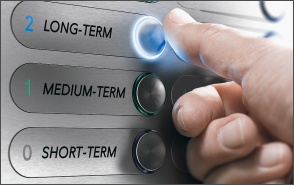 The synthetic opioid, fentanyl, has led to an increase in overdose deaths in recent years. As many as 112,000 in the last year according to NPR. As a result, some physicians are pushing to make methadone more available to those who need it.
The synthetic opioid, fentanyl, has led to an increase in overdose deaths in recent years. As many as 112,000 in the last year according to NPR. As a result, some physicians are pushing to make methadone more available to those who need it.
The Biden administration has created new federal rules for methadone treatment designed to widen access for more patients. In particular, the requirement of one year of active opioid addiction is being reduced to just 6 months of opioid addiction in order to become eligible to receive methadone.
There are about 2000 federally-approved opioid treatment programs (OTP) in the United States. Many thousands of patients are receiving life saving services from these clinics. Since COVID, many OTP clinics have made take home medication more accessible to those in early phases of treatment.
With illegal opiates still flooding the country, increasing access to opioid treatment and medication is easily justified. The question remains as to how local law enforcement can ultimately stem the flow of drugs into the community, as well as how youth can be educated to avoid risking first drug use.

 Follow
Follow

 There is an
There is an  Historically, access to methadone for the treatment of opioid addiction has been through enrollment in a local clinic licensed to dispense methadone. As a result of Covid restrictions, some of these clinic regulations were relaxed. For example, many patients across the U.S. were allowed to begin receiving take home doses of methadone as a result of Covid lockdowns and decreased clinic access.
Historically, access to methadone for the treatment of opioid addiction has been through enrollment in a local clinic licensed to dispense methadone. As a result of Covid restrictions, some of these clinic regulations were relaxed. For example, many patients across the U.S. were allowed to begin receiving take home doses of methadone as a result of Covid lockdowns and decreased clinic access.  A
A 


